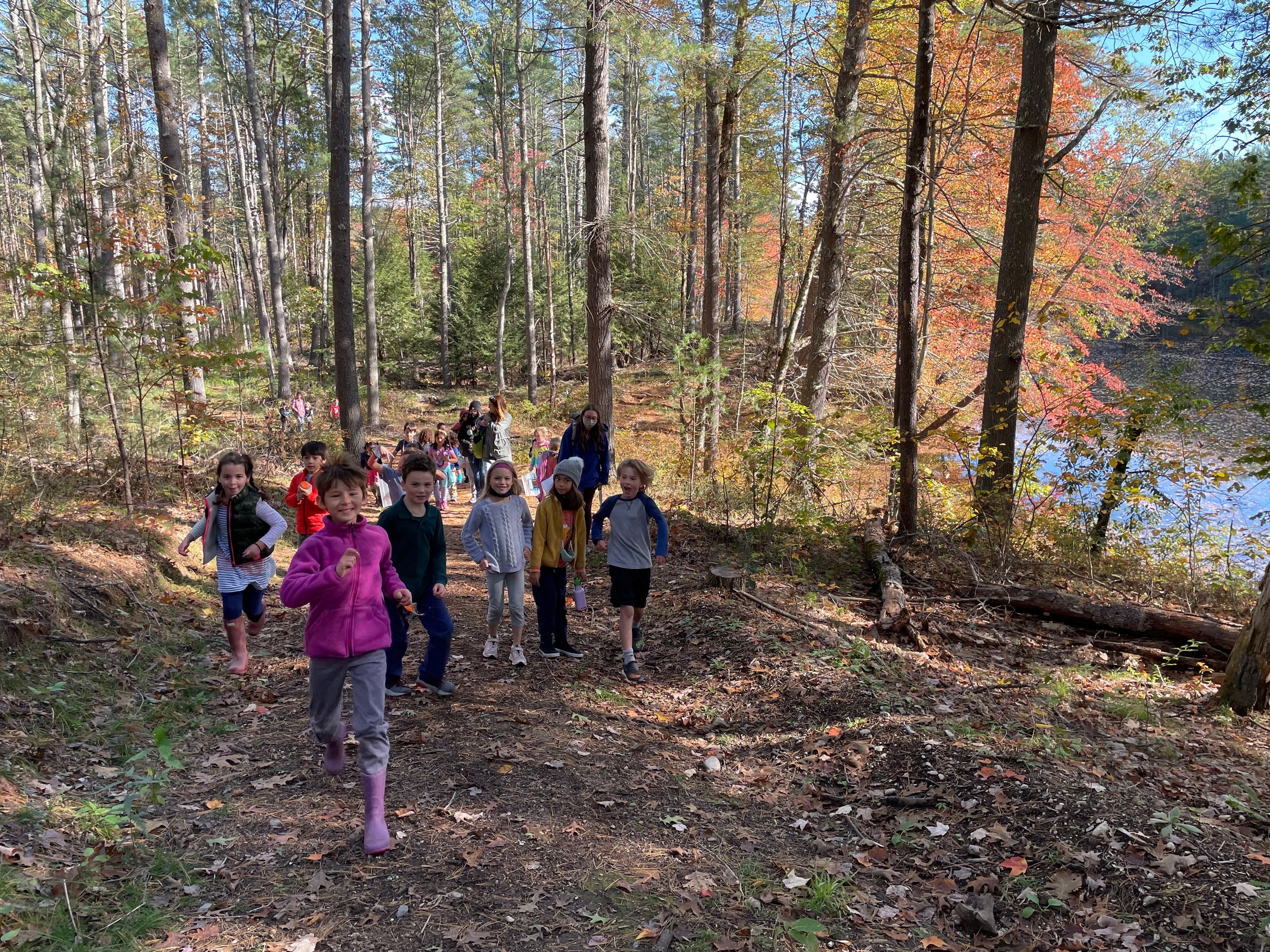In a new paper published in Frontiers in Psychology, researchers from the University of Virginia found that there is an association between Montessori education and wellbeing in adulthood. Starting with a definition of wellbeing that includes four factors “general wellbeing, engagement, social trust, and self-confidence,” the study found “that attending Montessori for at least two childhood years was associated with significantly higher adult wellbeing on all four factors.”
In a recent interview, lead researcher Dr. Angeline Lillard said that in order to examine whether having a Montessori education as a child might have long lasting effects on adult wellbeing, the researchers “threw the kitchen sink at” the question.
“What surprised us,” she said “is that pretty much everything in the sink turned out significant — on almost every survey, people who had spent at least two years in Montessori had higher wellbeing than people who never went to Montessori. This was true even among the subsample who attended private schools their entire pre-college lives. We also found that the longer one had attended, the higher their wellbeing.”
The study asked 1905 adults of all ages to fill out a wide range of different wellbeing scales that measured psychological and social wellbeing, satisfaction and meaning in life, and vitality, among other variables. Then they asked questions about the participants’ demographic characteristics, socioeconomic status in childhood, and what kind of schools they attended from age 2 to 17.
The authors hypothesized that 3 aspects of Montessori schooling might account for the greater wellbeing they discovered in their surveys. The first is self-determination, which “has been conceptualized as fulfilling a fundamental human need for autonomy.” The paper notes that this self-determination comes because “children in Montessori classrooms choose their own work almost all of the time.” The second aspect of Montessori is it offers children meaningful activities, which they define as “activities for which the underlying reasons are clear, and thus give people a sense of purpose.”
Finally, the authors believe that the social stability and cohesion offered by a Montessori education also leads to greater adult wellbeing. Montessori education “nourishes social-emotional development and sustained relationships,” through the practice of “looping” which keeps children in the same classroom for three years with the same teacher and classmates. This looping “supports positive relationships, self-confidence, and academic performance.” The figure below illustrates the connections between Montessori features and the four factors of wellbeing that the authors identified.
“The study,” says Dr. Lillard, “is one more data point in a growing body of research suggesting Montessori pedagogy is better for humans than is the common model. And since it is over 100 years since people began implementing Montessori, it has been beta-tested — we know how to implement this pedagogy and are doing so all over the world. More people should know about it.”
Source: Lillard AS, Meyer MJ, Vasc D, Fukuda E (2021) An Association Between Montessori Education in Childhood and Adult Wellbeing. Front Psychol. 12:721943. doi:10.3389/fpsyg.2021.721943
Sources:
Lillard AS, Meyer MJ, Vasc D, Fukuda E (2021) An Association Between Montessori Education in Childhood and Adult Wellbeing. Front Psychol. 12:721943. doi:10.3389/fpsyg.2021.721943 https://www.frontiersin.org/articles/10.3389/fpsyg.2021.721943/full
Mark Travers, M. (2021, December 16). Are Montessori schools better than public schools? Therapytips.org. Retrieved January 5, 2022, from https://therapytips.org/interviews/are-montessori-schools-better-than-public-schools
Travers, M. (2021, December 30). New research highlights the long-term benefits of a Montessori education. Forbes. Retrieved January 5, 2022, from https://www.forbes.com/sites/traversmark/2021/12/28/new-research-highlights-the-long-term-benefits-of-a-montessori-education/?sh=450396c03970





